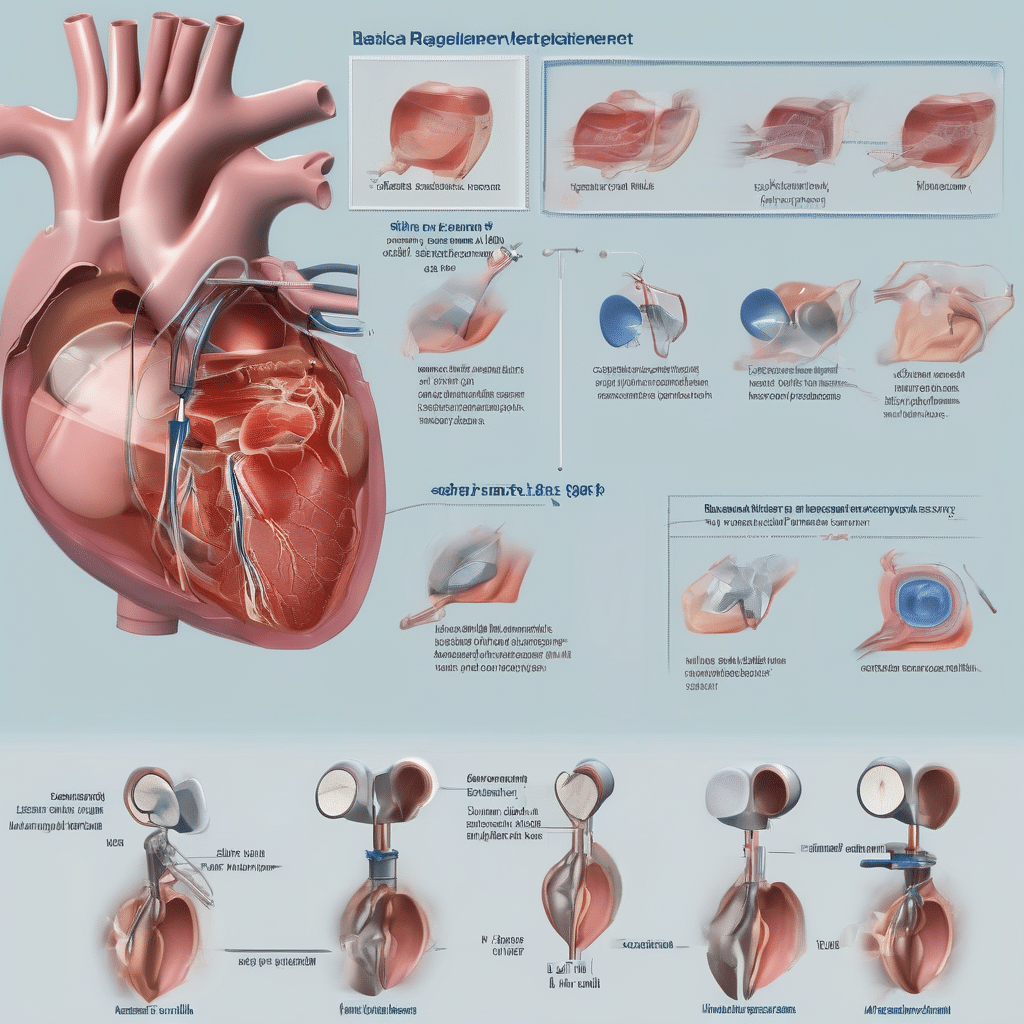Living with a faulty heart valve can be physically and emotionally challenging. But in Bangladesh, heart valve replacement surgery offers a beacon of hope, providing a chance to restore normal heart function, alleviate symptoms, and improve the quality of life. This guide delves into the types of valve replacements available, the recovery process, and resources to help you navigate this life-changing procedure.
Understanding Heart Valve Disease:
Your heart relies on four valves to ensure blood flows in the right direction. When these valves become damaged or diseased, they can leak or narrow, hindering blood flow and impacting your heart’s efficiency. Common heart valve problems in Bangladesh include:
- Mitral valve stenosis: Narrowing of the mitral valve between the left atrium and ventricle.
- Aortic valve stenosis: Narrowing of the aortic valve leading out of the left ventricle.
- Mitral valve regurgitation: Leaky mitral valve allowing blood to flow backward.
- Tricuspid valve regurgitation: Leaky tricuspid valve between the right atrium and ventricle.
Types of Heart Valve Replacements in Bangladesh:
Depending on your specific condition and medical history, your doctor may recommend different types of valve replacements:
- Mechanical valves: Made of durable materials like titanium or ceramic, these valves are highly durable and last a lifetime. However, they require lifelong blood thinners to prevent blood clots.
- Tissue valves: Composed of animal tissue (usually bovine or porcine), these valves are more tissue-friendly and reduce the need for long-term blood thinners. However, they have a shorter lifespan (10-15 years) and may require re-replacement later in life.
- Transcatheter aortic valve replacement (TAVR): This minimally invasive procedure replaces the aortic valve without open-heart surgery, using a catheter inserted through the groin artery. This option is particularly beneficial for older patients or those with high surgical risk.
The Recovery Process:
Heart valve replacement surgery is a major procedure, typically requiring a hospital stay of 5-7 days. Recovery can take several weeks or months, depending on your individual health and the type of surgery performed. The recovery process involves:
- Physical therapy: To regain strength and mobility.
- Medication: To prevent infection and manage pain.
- Lifestyle changes: Adopting a healthy diet, regular exercise, and stress management techniques for optimal healing.
Finding the Right Specialist and Resources:
Consult a qualified cardiologist specializing in valvular heart disease to discuss your diagnosis and treatment options. Reputable hospitals in Bangladesh like the National Heart Foundation, Square Hospitals, and Chittagong Medical College Hospital offer advanced facilities and experienced cardiac surgeons.
Here are some resources to help you navigate heart valve replacement in Bangladesh:
Living Well after Heart Valve Replacement:
With proper care and rehabilitation, most people who undergo heart valve replacement in Bangladesh live active and fulfilling lives. Remember, early diagnosis and intervention are key to improving outcomes and quality of life.


